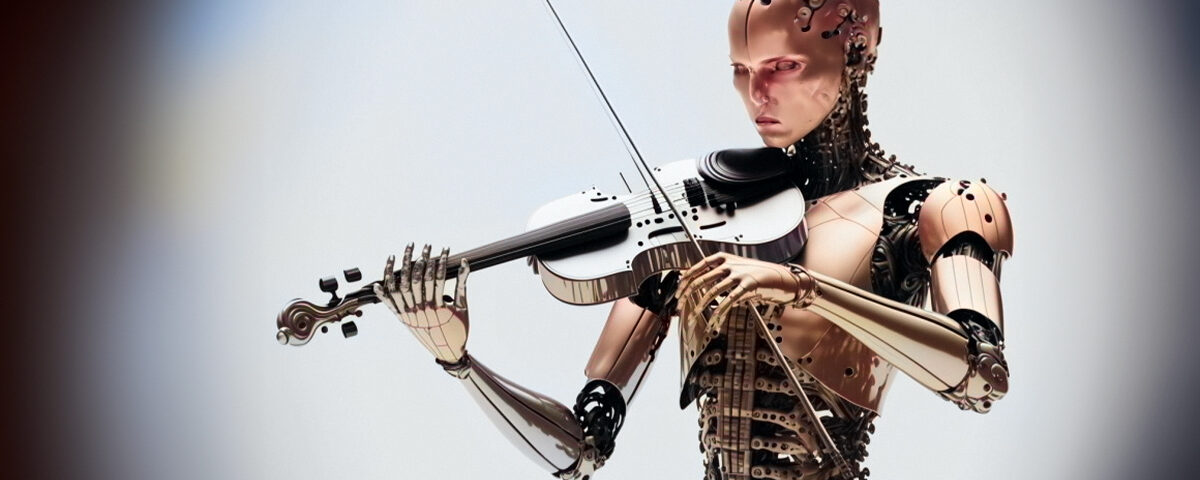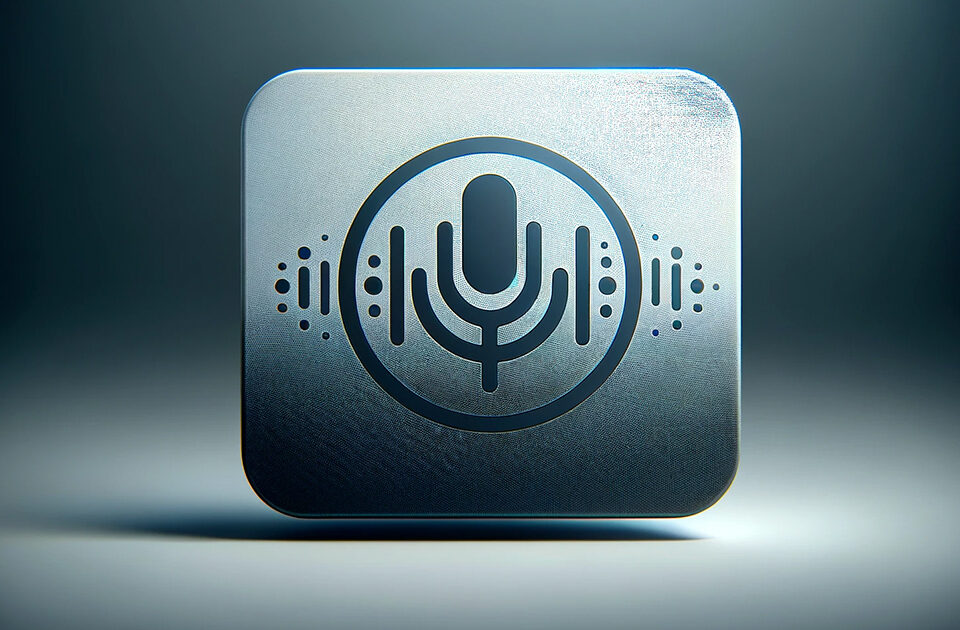AI Music Composition – A Harmonious Blend of Technology and Creativity
Music has been an integral part of human culture and expression for centuries. From the classical symphonies of Beethoven to the contemporary beats of electronic dance music, it has evolved and diversified, reflecting the changing times and technologies. In today’s digital age, artificial intelligence (AI) has ventured into the world of music composition, offering new possibilities and creative avenues for musicians and composers. This article explores the exciting realm of AI music composition, highlighting how AI can assist musicians and composers in creating original compositions.
The Rise of AI in Music Composition
Artificial intelligence has made remarkable advancements in various fields, from healthcare and finance to transportation and entertainment. Music composition is no exception. AI’s foray into this creative domain is a testament to its versatility and potential.
AI-driven music composition tools leverage deep learning algorithms and neural networks to analyze vast datasets of existing music compositions, styles, and genres. These algorithms can understand the nuances of music theory, such as harmony, melody, rhythm, and structure. This understanding enables AI to generate new compositions, imitating the styles of renowned composers or producing entirely original pieces.
How AI Composes Music
- Data Analysis: AI music composition begins with the analysis of vast musical datasets, ranging from classical compositions to modern pop songs. These datasets provide AI systems with the raw material needed to understand various musical styles and patterns.
- Learning Patterns: AI algorithms utilize machine learning techniques to recognize patterns and relationships within the music data. They learn how different musical elements are structured and how they interact with each other.
- Creativity Boost: AI systems can mimic the creative processes of human composers by generating melodies, harmonies, and rhythms based on the patterns they have learned. They can even combine elements from multiple musical styles to create something entirely new.
- Feedback Loop: Many AI music composition tools incorporate a feedback loop that allows composers to guide the AI’s creative process. Musicians can provide input, make adjustments, and fine-tune the composition to align with their artistic vision.
Benefits of AI in Music Composition
- Inspiration and Efficiency: AI can act as a source of inspiration for musicians, providing them with new ideas and melodies to work with. It can also expedite the composition process, generating musical material quickly.
- Exploring New Frontiers: AI enables musicians to experiment with different genres and styles effortlessly. It allows them to break free from creative ruts and explore uncharted musical territories.
- Collaboration: Musicians and composers can collaborate with AI systems to create unique and innovative compositions. This partnership between human creativity and machine intelligence can result in groundbreaking music.
- Personalization: AI can tailor music compositions to the specific preferences of an individual or a target audience. This level of personalization can enhance the emotional impact of music.
- Learning Tool: AI music composition tools can serve as valuable learning aids for aspiring musicians and composers. They can analyze and dissect the music, helping learners understand complex musical concepts.
Challenges and Limitations
While AI music composition holds tremendous promise, it also faces some challenges and limitations:
- Lack of Emotional Depth: AI-generated music may lack the emotional depth and personal experiences that human composers bring to their compositions.
- Copyright and Originality: Determining the originality and copyright ownership of AI-generated music can be complex and contentious.
- Ethical Considerations: The use of AI in music raises ethical questions about the role of technology in creative fields and the potential for job displacement among composers.
Summary
AI music composition is a fascinating fusion of technology and creativity, offering musicians and composers a powerful tool to explore new horizons in music. While it may not replace the artistry of human composers, it serves as a valuable companion, providing inspiration, efficiency, and opportunities for collaboration. As AI continues to evolve, it will likely play an increasingly prominent role in the world of music, enriching our musical landscape with novel compositions and innovative sounds. Musicians and composers who embrace AI as a creative partner may find themselves on a harmonious journey of musical discovery.


